There are tons of reasons people decide to become vegetarians. Worldwide, over 600 million people have chosen a vegetarian diet. Everyone’s journey is unique, yet has so many similar and familiar aspects. Many choose to cut meat for environmental reasons, for health reasons, or for ethical reasons to advocate for the ethical treatment of animals. Whatever the reason, it’s a good one, because they’re all the reasons why I chose to become a vegetarian. I’ve included some tips to become vegetarian as well, so if you choose to go on this journey, it could be of help!
This article may contain affiliate/compensated links. For more information, please see our disclaimer here. We take all the efforts necessary to ensure the information included in this post is accurate, correct and current, sometimes, things just change! Travel information like opening hours, business operations and prices may change. If you find anything in this post that is incorrect or outdated, please let me know in the comments so I can update it for other readers. Cheers!
Table of Contents
Before I became vegetarian
My journey took some time, as most do, but now that I’ve been a vegetarian for 5 years, I can’t see myself turning back. I’ve cut meat, including fish, out of my life, and I feel great. Although this was very hard for my family to understand at first, they have come to grips with it.
Being Armenian, we’re a culture that relies heavily on meat. They still do animal sacrifices for special occasions, after all! But like most Armenians, when I have my eyes set on a goal, can’t nobody stop me!
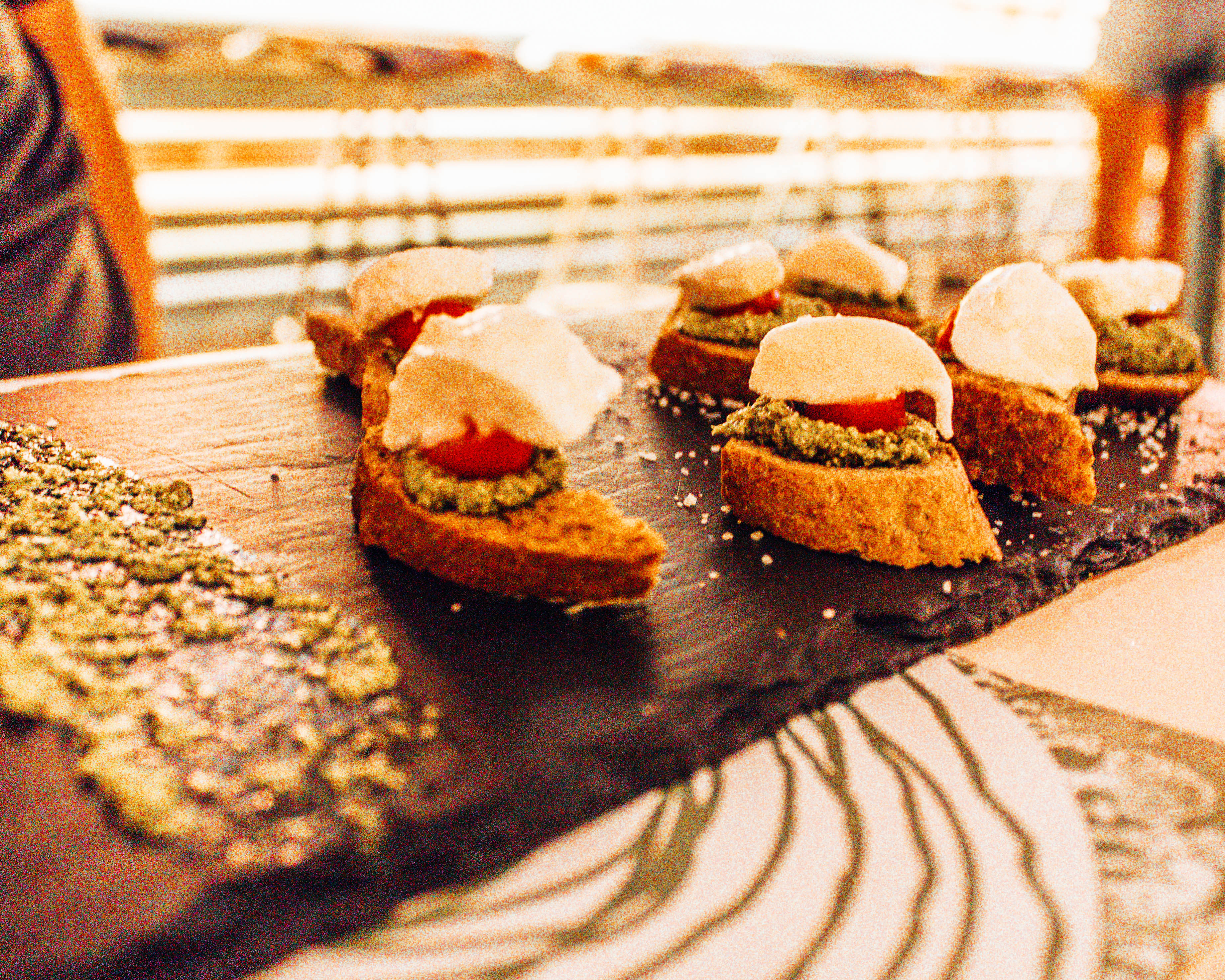
Don’t get me wrong, I used to love meat. All types of meat. I was a serious foodie. I would eat things that were questionably edible because, well… why not? If you told me I was going to become a vegetarian back then, I would have laughed at you a little. But on one random night, everything changed.
Becoming vegetarian by taking baby steps
I opened my eyes to the negative impact of eating meat quite randomly. About 7 years ago, I fell down the rabbit hole watching Ted Talks when I stumbled upon one that spoke to me. It was a simple and short video about the environmental impacts of eating meat.
After this, I decided to become a weekday vegetarian. I loved the taste of meat way too much to give it up full time.
So I did with the next best thing – No meat on weekdays, but fish was ok. On weekends, I had a choice as to what I ate (meat or not). I thought I was doing my part, and that was good enough for me. It was a good enough compromise – I could still eat meat when I wanted, but by reducing it drastically, I was doing my part to save the environment.
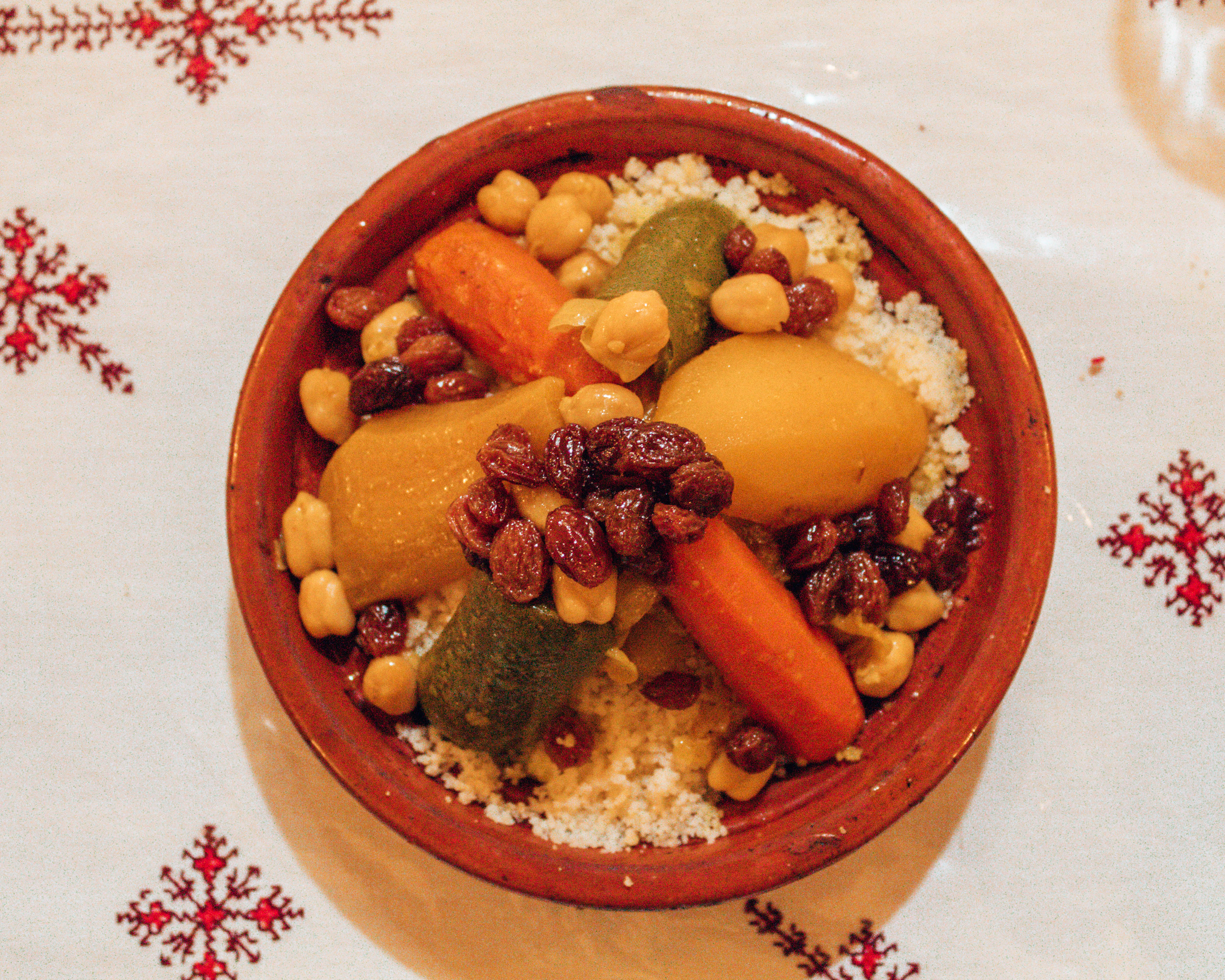
When I chose to become vegetarian
Two years after that, I came home from a very well-fed honeymoon to Portugal. Hello fish, seafood and pork! The next day, I watched a documentary that changed my life, called Cowspiracy.
That was it for me!
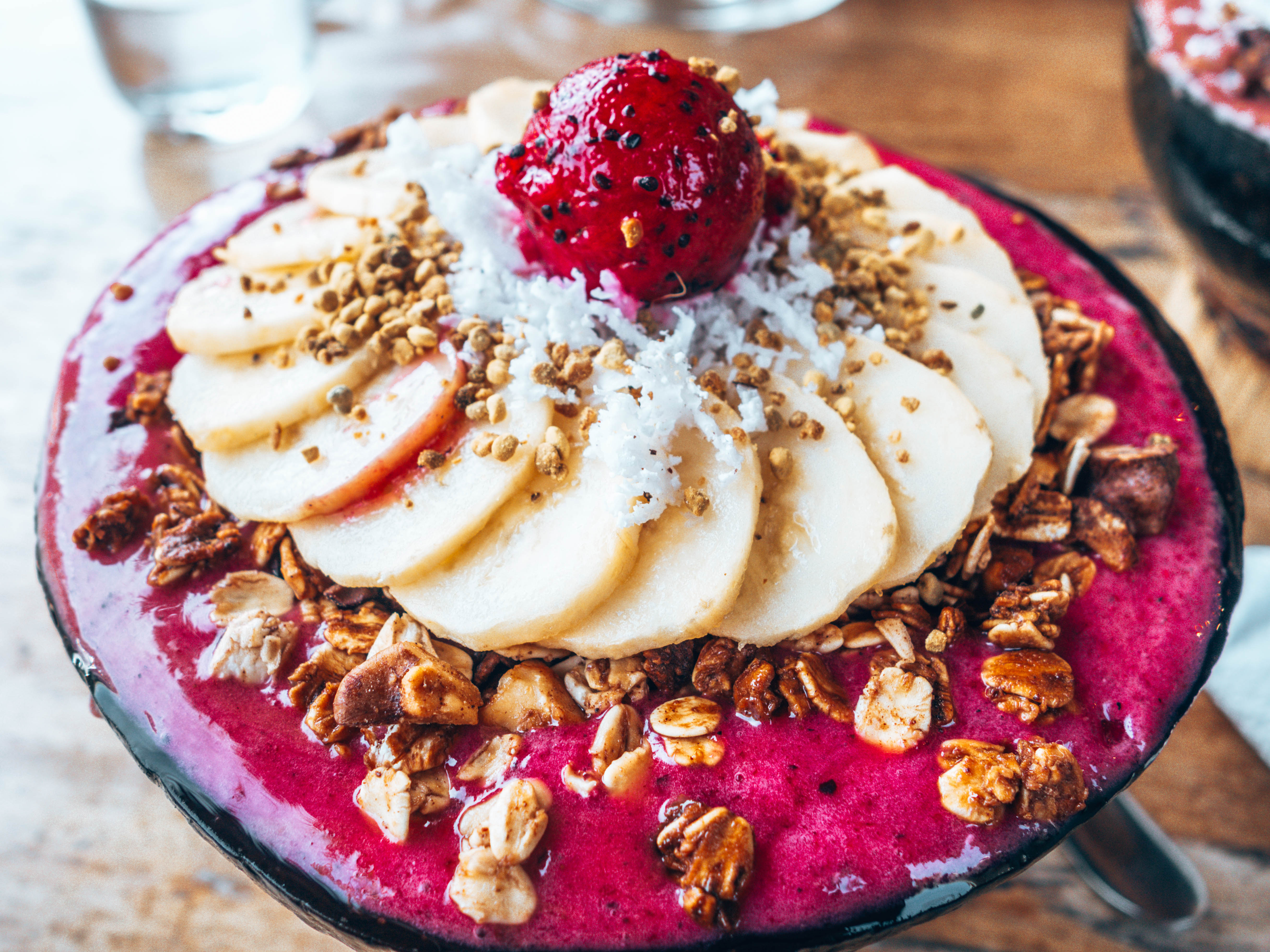
When I realized the environmental impacts of eating meat and fish, the health benefits of a plant-based diet, and the brutal way we treat our animals, I knew I had had enough.
Being vegetarian for the love of animals
I love animals. We’re a foster family for our local animal welfare organization. I hate seeing animals hungry or mistreated when we travel (we have even saved a few when we could). So I knew I could no longer eat the beings I claimed I loved so much. I felt like too much of a hypocrite.
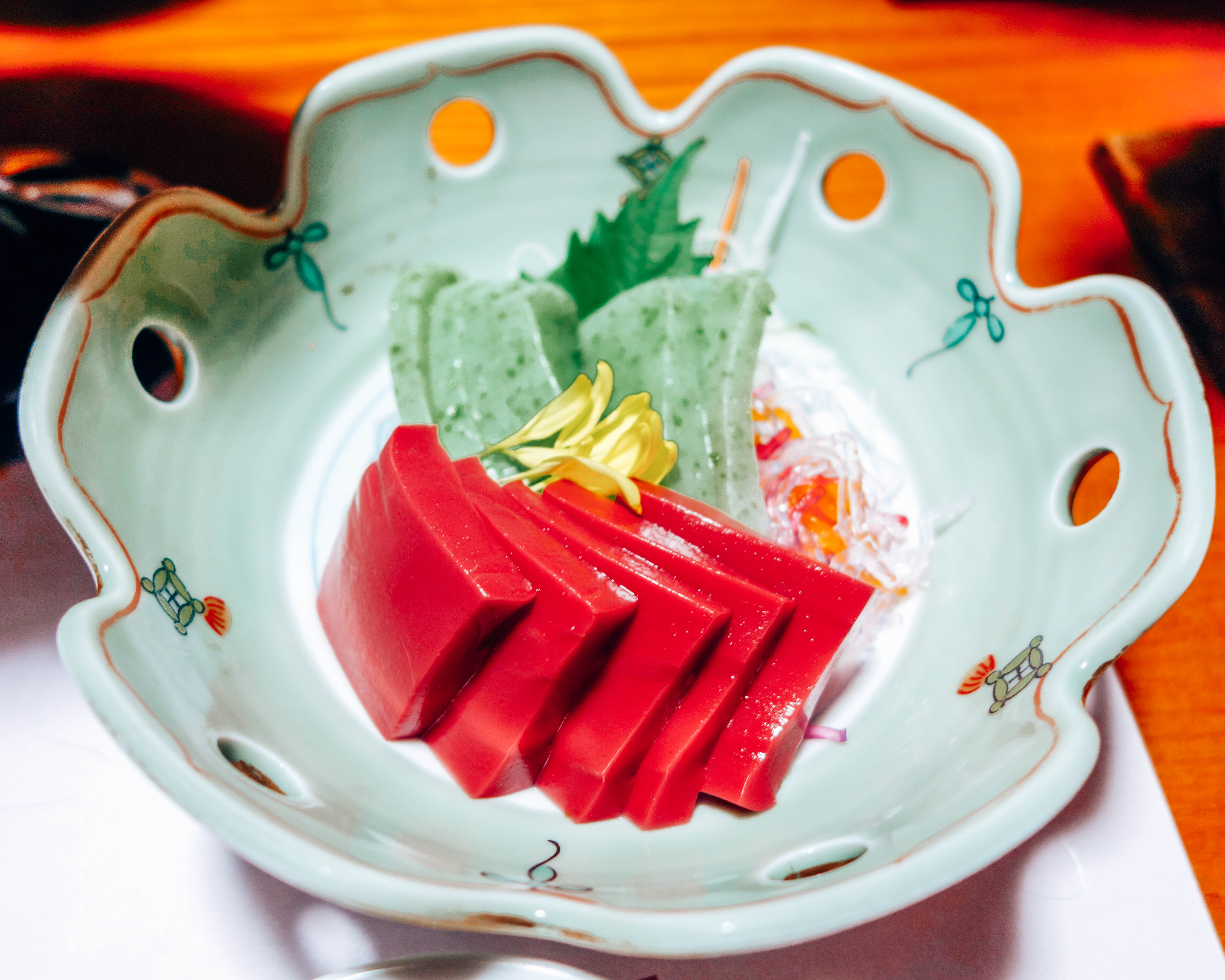

Back home, we’re so blind to the idea of animals being our food. We go to the grocery store, buy the cut of meat we want, cook it, and eat it without ever wondering how it actually got on our plate.
When we were in the Philippines, we attended a traditional Filipino wedding. There, they served pork as the main course. Actually, they served 3 pigs.
But just a few hours before the wedding, those pigs were alive and kicking in the front yard of the home we were staying in…
At 7 AM that morning, those pigs were killed by slitting their throats. They squealed and cried, and we heard the whole thing. I lay in bed crying, thinking about these pigs, who saw their pen pals being murdered in front of them.
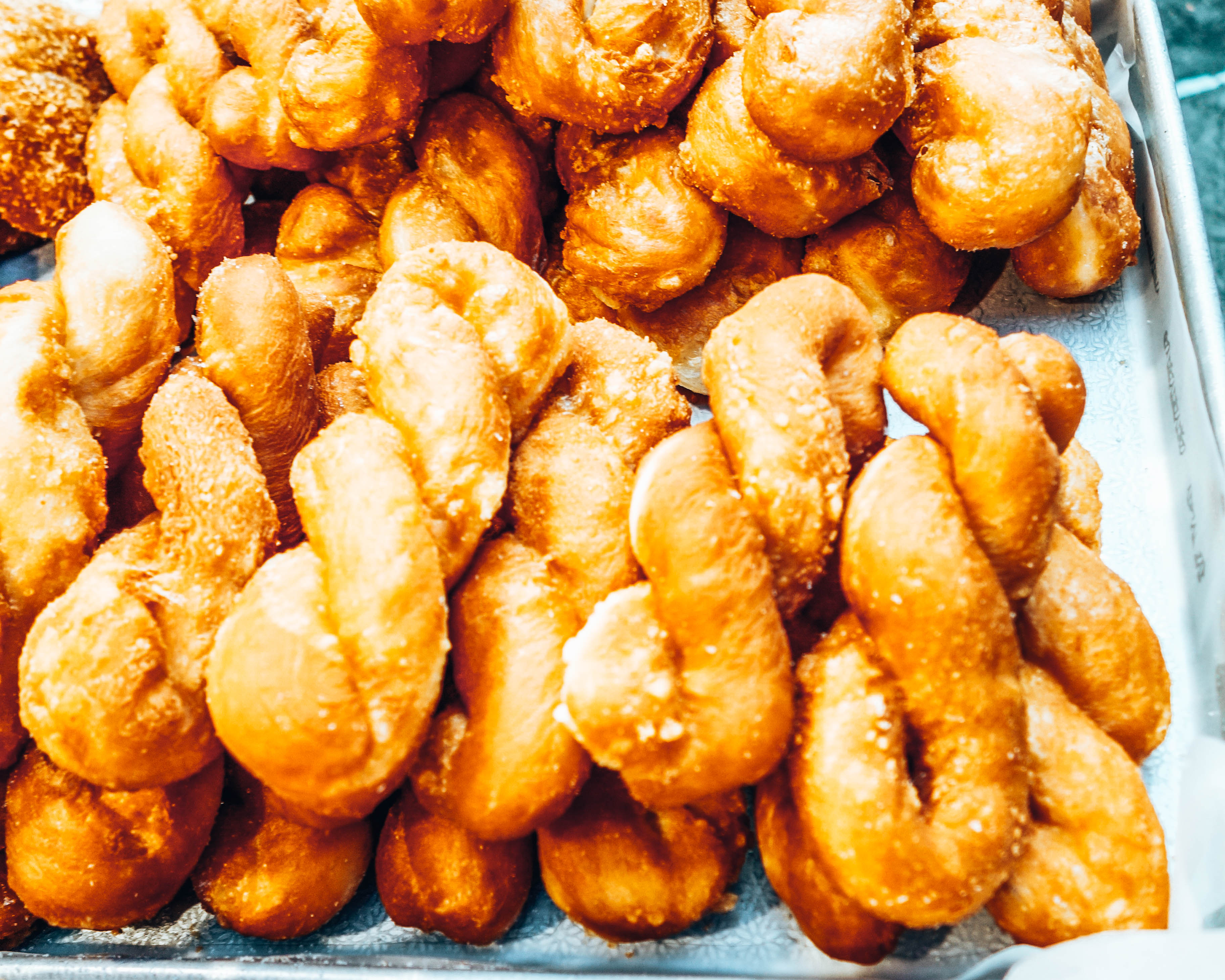

These pigs were actually pretty lucky compared to how most of our Canadian and American livestock are treated. We all see the graphic videos that one zealous friend shares on our feed showing how animals are mistreated in farms and slaughterhouses. We all have the same reason for turning away, scrolling quicker to skip the harsh reality we impose on these animals.
We forget that these animals were actually living in cages sometimes smaller than their bodies. We turn a blind eye to the fact that they are injected with hormones and growth agents. We ignore the fact that they aren’t fed properly so they resort to licking the metal cages or eating their own feces. And somehow, we’re ok with eating this meat.
I didn’t want to be a part of this cruelty anymore. So I figured that if I couldn’t kill the animal I was going to eat with my own hands, that I shouldn’t be eating it at all.
Because we’re so far removed from the process, we forget that these animals are actually sentient beings. We rip their young from them, we feed them hormones so they’re bigger and juicier. We literally torture them for our own culinary pleasure. We would be outraged if we actually saw what we were doing to them, but because we don’t, we let it go.
We’re killing the environment by eating meat
From the emission of greenhouse gases to the cutting of rainforests, to ocean dead zones – eating meat is literally killing our planet. I couldn’t stand here, and be a good advocate for the environment, and continue killing it blindly. When you see the facts, it’s a bit scary.
- In the United Nations, animal agriculture is responsible for 18% of greenhouse gas emissions, more than the combined exhaust from all the cars and trucks in the world. That’s pretty crazy!
- Meat and dairy provide just 18% of calories and 37% of protein, yet they use 83% of farmland and produces 60% of agriculture’s greenhouse gas emissions. It’s not really worth it when you look at it this way.
- Animal Agriculture is responsible for 20%-33% of all freshwater consumption in the world today. We could put that water to better use, for sure! Especially considering many populations don’t have drinking water.
I care so much for the environment. Since I was a kid, I was the loudest one in my family, pushing people to recycle. Just ask my sister. When she would litter and throw things out of the car (it was the 90’s, we all did), I would stop the car and make her go pick up her trash. I was the first in my family to compost, and I’ve adopted a minimalist lifestyle. We even try to be eco-travelers because we know the environmental impacts of travel.
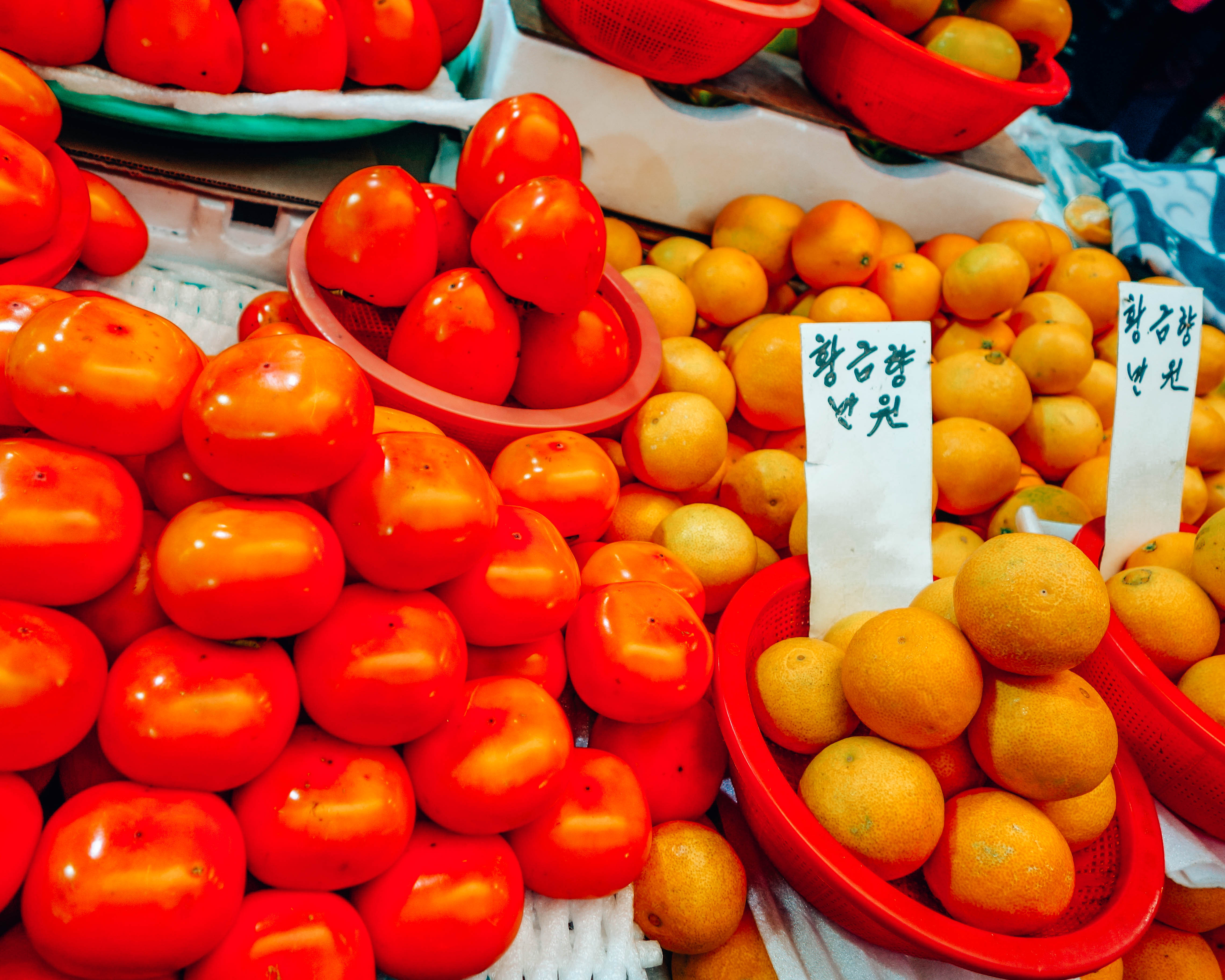

So knowing what eating meat does to our planet, I knew I had to stop. Plus, because we just got our scuba diving certification, I’m even more motivated to continue. We just discovered the beauty of the underwater world. There’s no way I’m going to kill the very thing I admire exploring.
In fact, more and more studies show that the best way to reduce our impact on earth is to avoid eating meat and dairy. So what are we all waiting for?
What the health?
Yeah, that’s the name of a documentary but it’s a damn good title too for what I want to talk about. The impacts of eating meat on our health are staggering. I’ve read through so many books and studies, and the results are eye-opening.
Like most people, I was convinced we needed meat in our diet to be healthy. Where else are you going to get your proteins from after all?
But this is a big lie we’ve all been fed. We get our protein the same place our food gets theirs, through plants, vegetables, and grains. And these things are damn delish!


There are so many illnesses that result from eating meat. In fact, studies have found that by cutting out meat, your body actually thrives and can cure itself of these ailments like cancer, diabetes, obesity, depression, and so many more. So if not for the love of animals or the plant, why not just for your own health?
Why not become vegan?
I ask myself that all the time. And I want to. To be honest, the last year has been a little tough on me as a vegetarian. Traveling full-time and on a budget is not always easy for vegans or vegetarians. Many cultures rely heavily on meat and fish in their diets, and getting the nutrients you need with limited food is hard.
In a lot of countries we visited, eggs, cheese, and rice were the only vegetarian things on the menu. Yup, sometimes, even fruits and veggies are scarce, or super expensive.
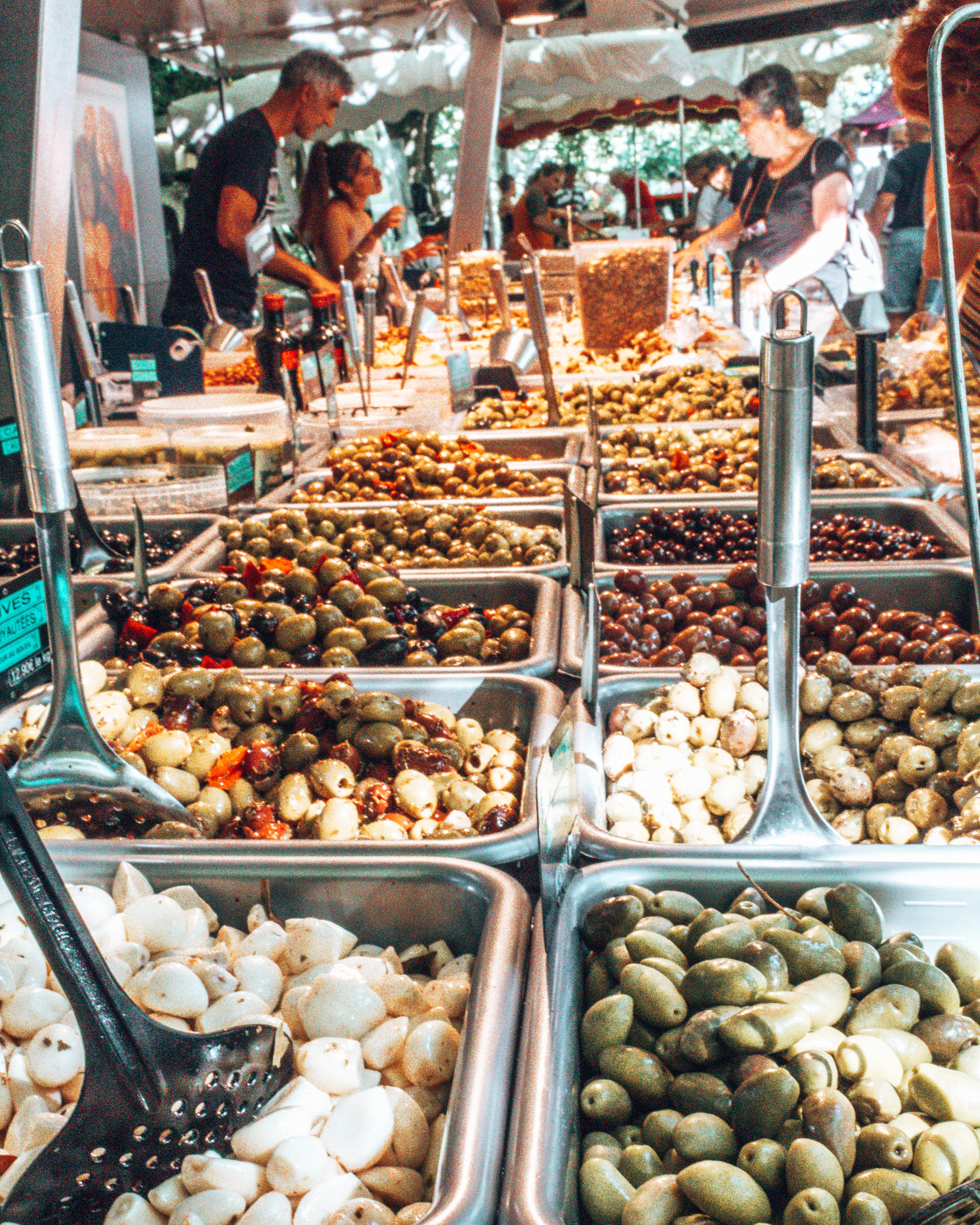

Since we’ve been back home, I’ve been pushing for a mainly vegan diet. In fact, most weeks, 80% of my meals have been vegan. Though I am keen on cutting out cheese, even though I love it so much.
Update! In 2019, I tested going vegan for a week. The test went so well that I am still vegan, 2 years later. You can now read about my journey in this article. I hope this will help you along your path to being plant-based as well.
Is becoming vegetarian hard?
Nope. Like I said, when I put my mind to something, you can’t stop me. The trick I found that helps the most was to get good recipe books and find good food blogs. I’ve built myself a monthly menu of 30-40 recipes that I can alternate between. Even though Derek eats meat on occasion, we found ways to eat the same meal, but with the “protein” being vegetarian vs meaty.
In restaurants, I can almost always find nutritious vegetarian meals, or worse case, I can ask them to remove the meat. Because let’s be honest, a house green salad isn’t going to keep me full for very long.
When I go to my family or friend’s home, I bring a meal that’s easy to share, delicious and nutritious. Usually, they will have veggie-friendly dishes that are mainly sides. But hey, I’m not complaining if it’s delicious!
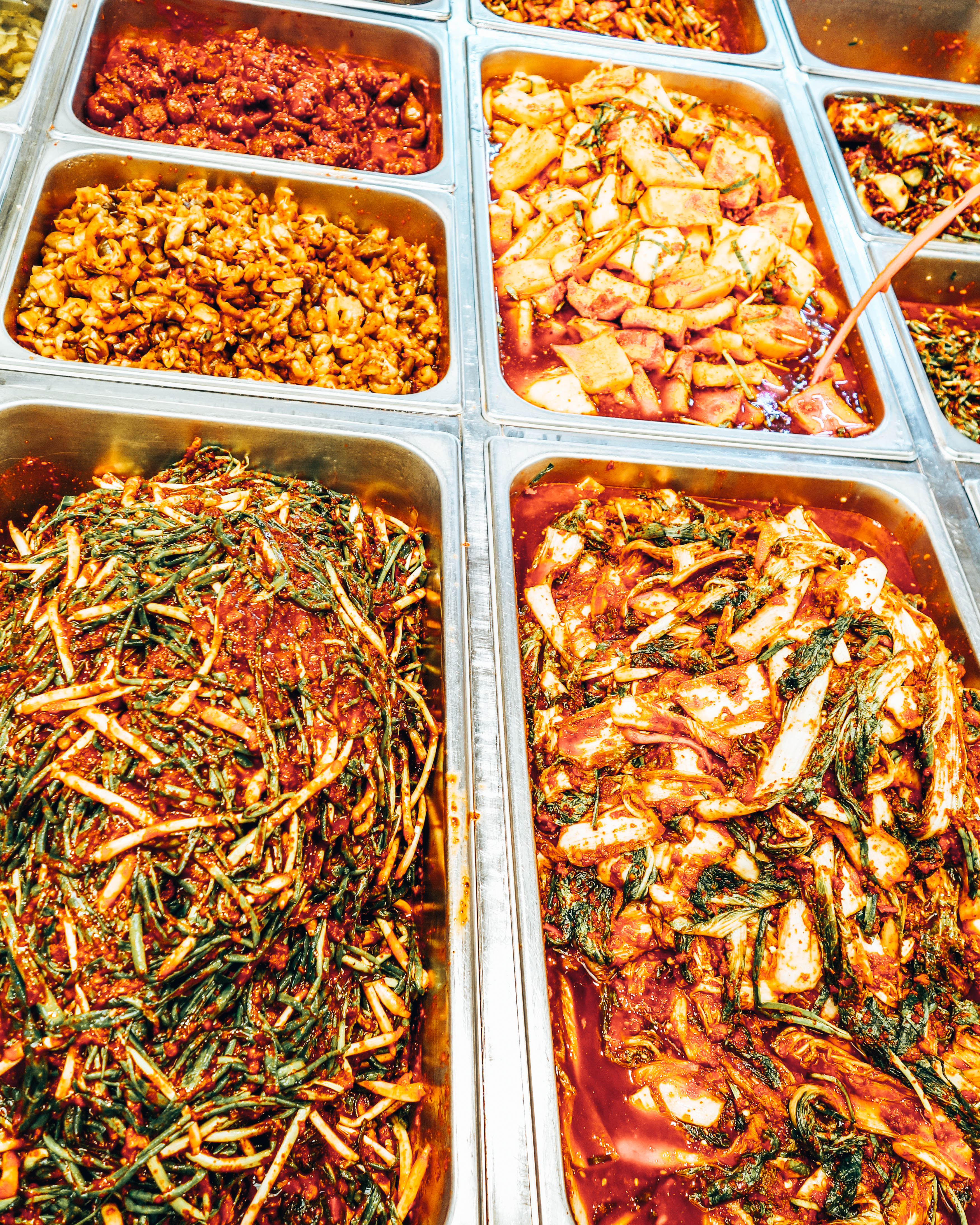

And when we travel, well, you can read more about that here!
So all in all, no, it wasn’t hard at all. Vegetarian meals take more time to prepare than throwing a chunk of meat on the grill, but let me tell you, I have never felt lighter, healthier and better than I do today. And with some prep, everything becomes easy.
6 tips to become vegetarian
If you’re not ready to take the plunge, there are tons of things you can do to reduce your carbon footprint and feel better about your choices, for ethical, environmental and health reasons.



1. Just try going vegetarian
It’s as simple as that. Just try going vegetarian or vegan. There are a ton of websites that can help you do it. They offer 30-day meal plans, tips, and tricks on how you can do it short-term, or even long term. If you have a willingness to try it, we have faith that you will succeed.
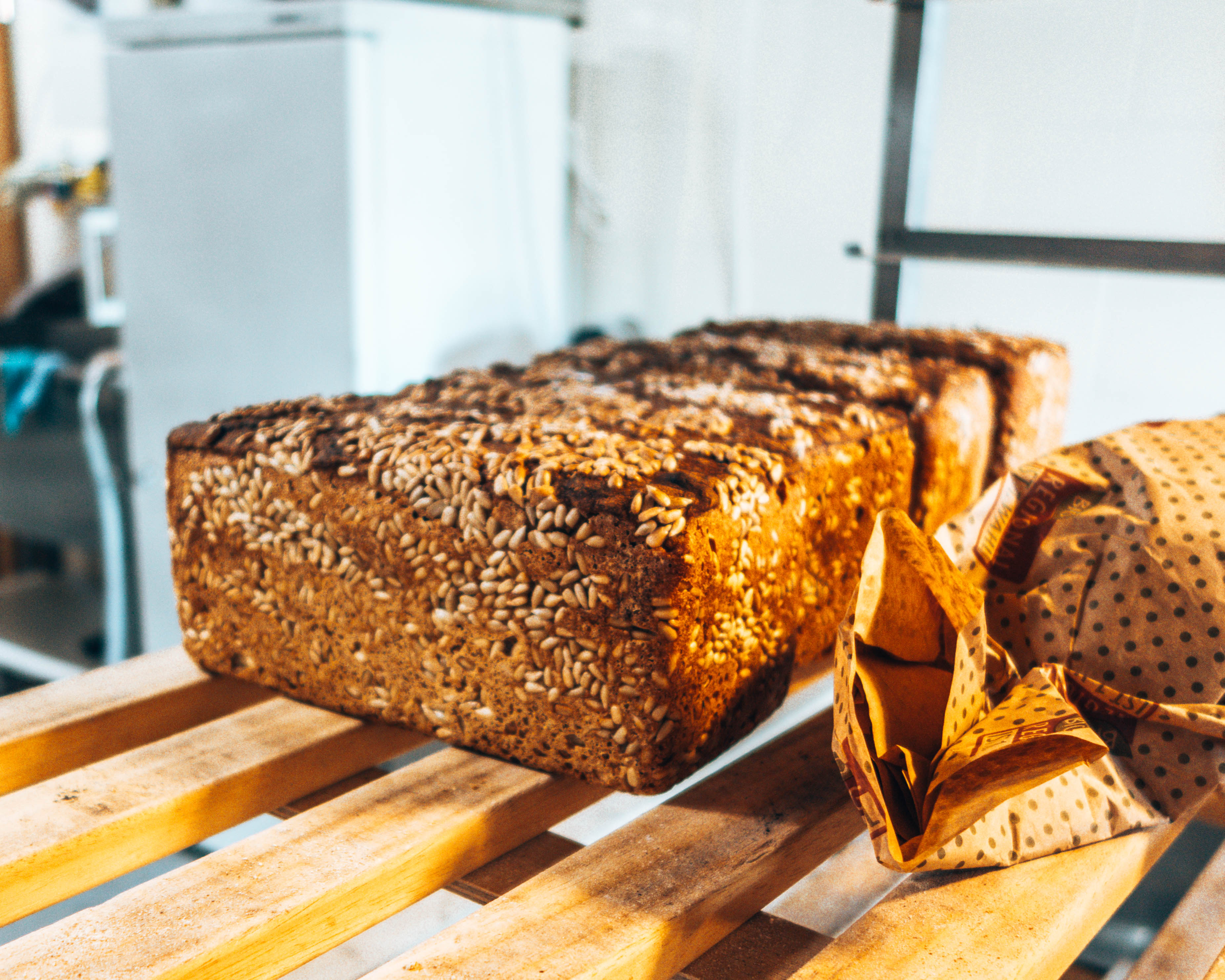

2. Reduce the amount of meat you eat
It’s that simple. You can try to be a weekday vegetarian. You can do meatless Mondays. You can skip one meat meal a day. Whatever you choose, it will be a big improvement on the current status quo.
So whenever you can, skip that meat and opt for a vegetarian or vegan meal. And if you really want to eat a living creature, opt for bugs, they are much more delicious and nutricious than you would think!
3. Try to eat organic or local meats
If you can’t skip out on meat (which you can, I know you can do it!), opt for organic meats, or get them straight from a farmer. It ensures you’re supporting the right people (not huge heartless corporations), and it will encourage them to keep up their good work. Usually smaller farms treat their animals more ethically, so that’s a win too.
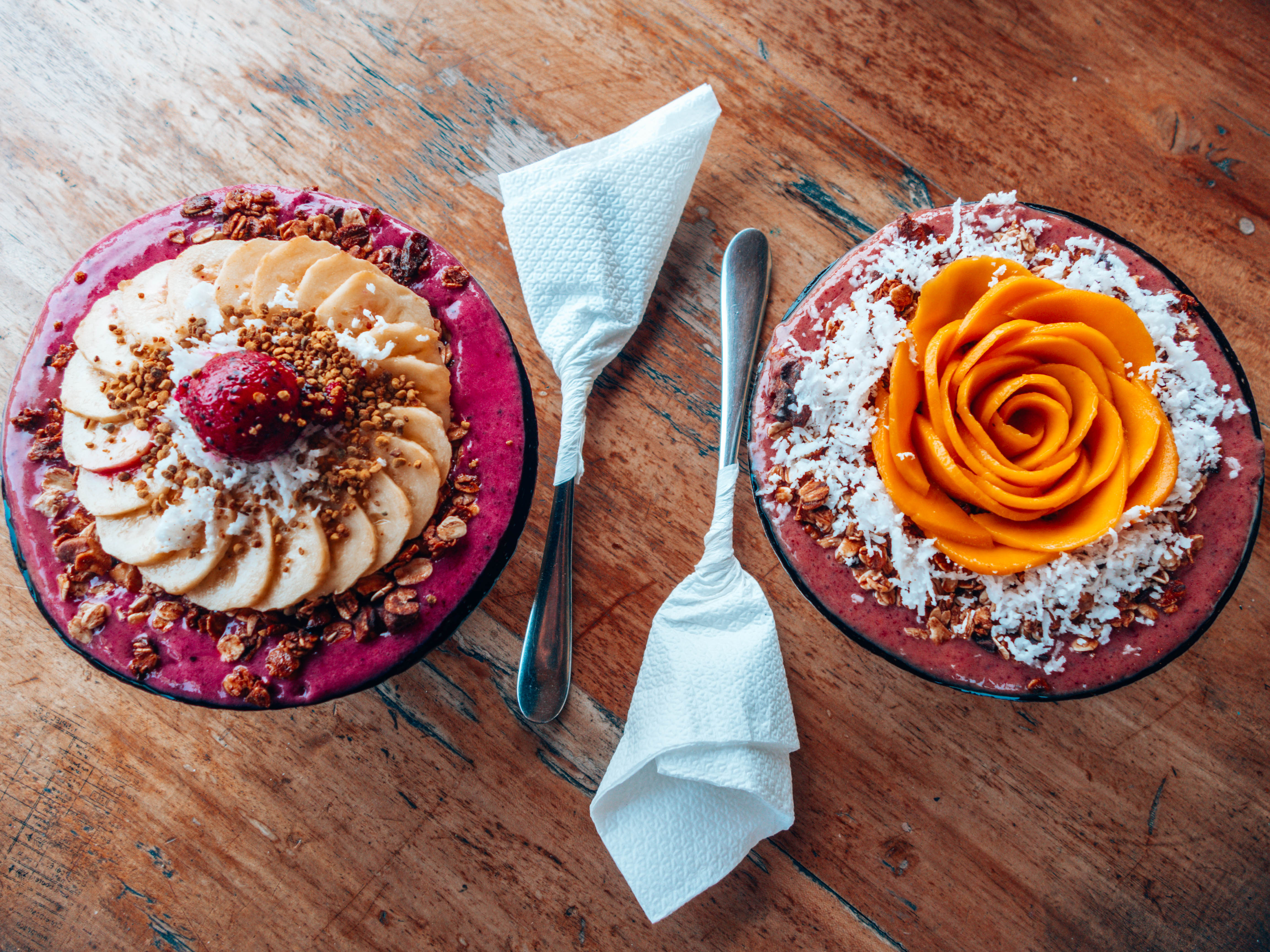

4. The smaller the animal, the smaller the impact
Raising larger animals (beef & pork) and making processed meats are a lot more harmful than smaller or locally produced meats. So if you’re going to eat meat, go for a small organic chicken.
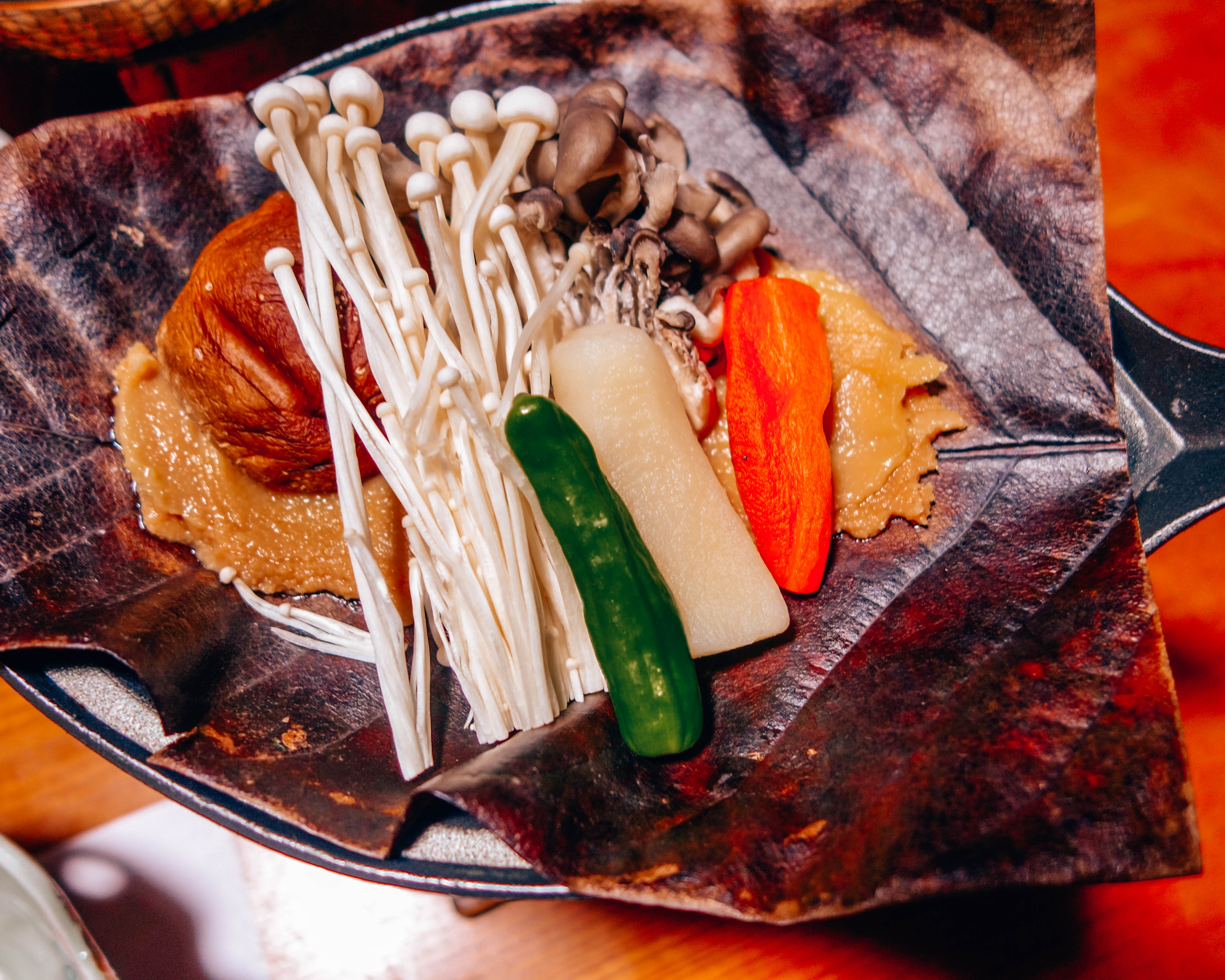

5. Try to reduce your environmental impact
If you don’t want to cut meat out just yet, try to reduce your footprint. Pick up trash, compost your food scraps, grow your own veggies, adopt chickens or beehives in your backyard, don’t use single-use plastic. Whatever you do, it will help. If you’re traveling, you can check out these ways of being an eco-traveler.
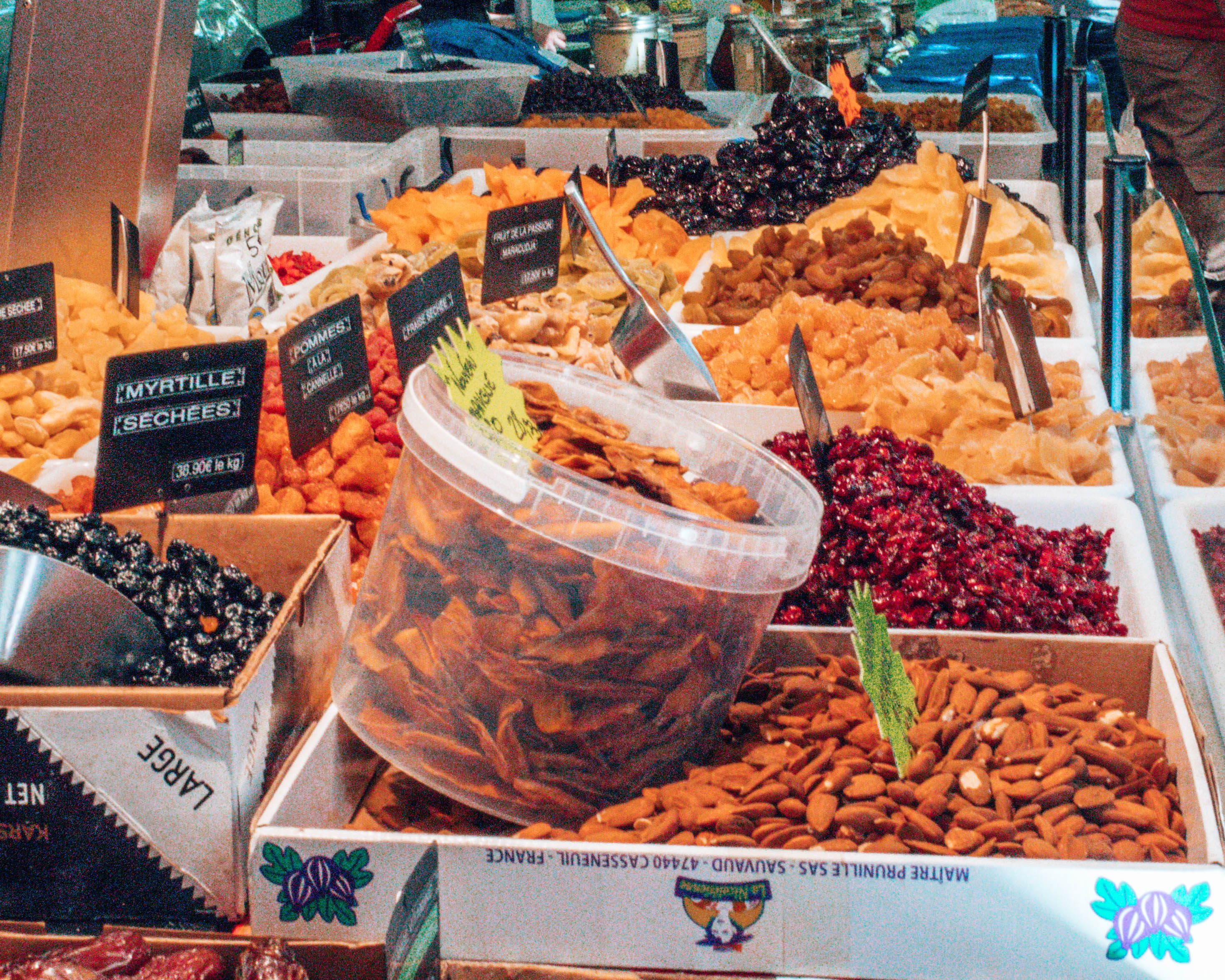

6. Read and watch more
The more you know about the food system, the more educated choices you’ll be able to make. You’ll also feel better about making these enlightened choices. Here are some great books and websites that can help!
Websites
- For great nutritional facts, without any opinions: nutritionfacts.org
- For meal plans, facts and recipes: forksoverknives.com
- For more meals, environmental and animal news: onegreenplanet.org
Am I trying to change your mind with this article? Maybe a little. But more than that, I’m trying to open your eyes to a different way of viewing your food.
We’re all responsible for the choices we make. The more we know about where our food comes from, how it’s raised and how it makes its way to our plate, the more we can make better choices. And slowly, together, we can try and save this beautiful planet of ours, and the creatures that live on it (yeah, that includes us as well)!
Note: The article contains Amazon affiliate links, on which we’ll make a small commission if you end up purchasing a product. It’s at no extra cost to you. You pay the same amount as if you visited Amazon directly. The good thing is you’ll be helping us create free content and keeping this blog online. For this, we are eternally grateful!
We put a lot of time and effort into the content we create. Please like, comment and share, every action on your part helps us out tremendously and is very much appreciated.
You can also help us by pinning it for others to find.
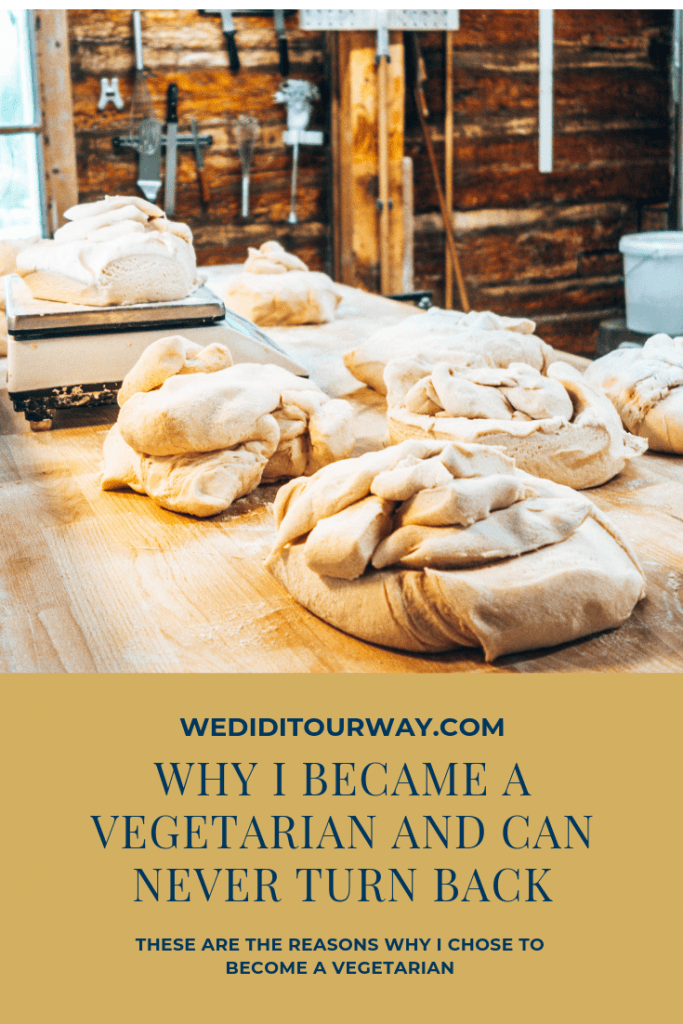

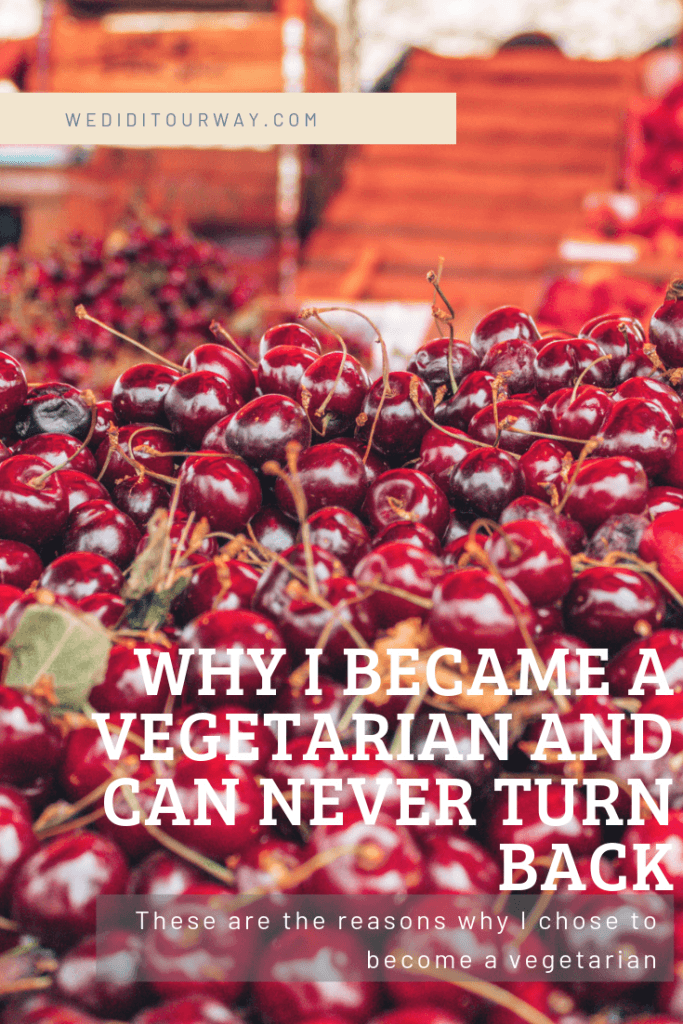

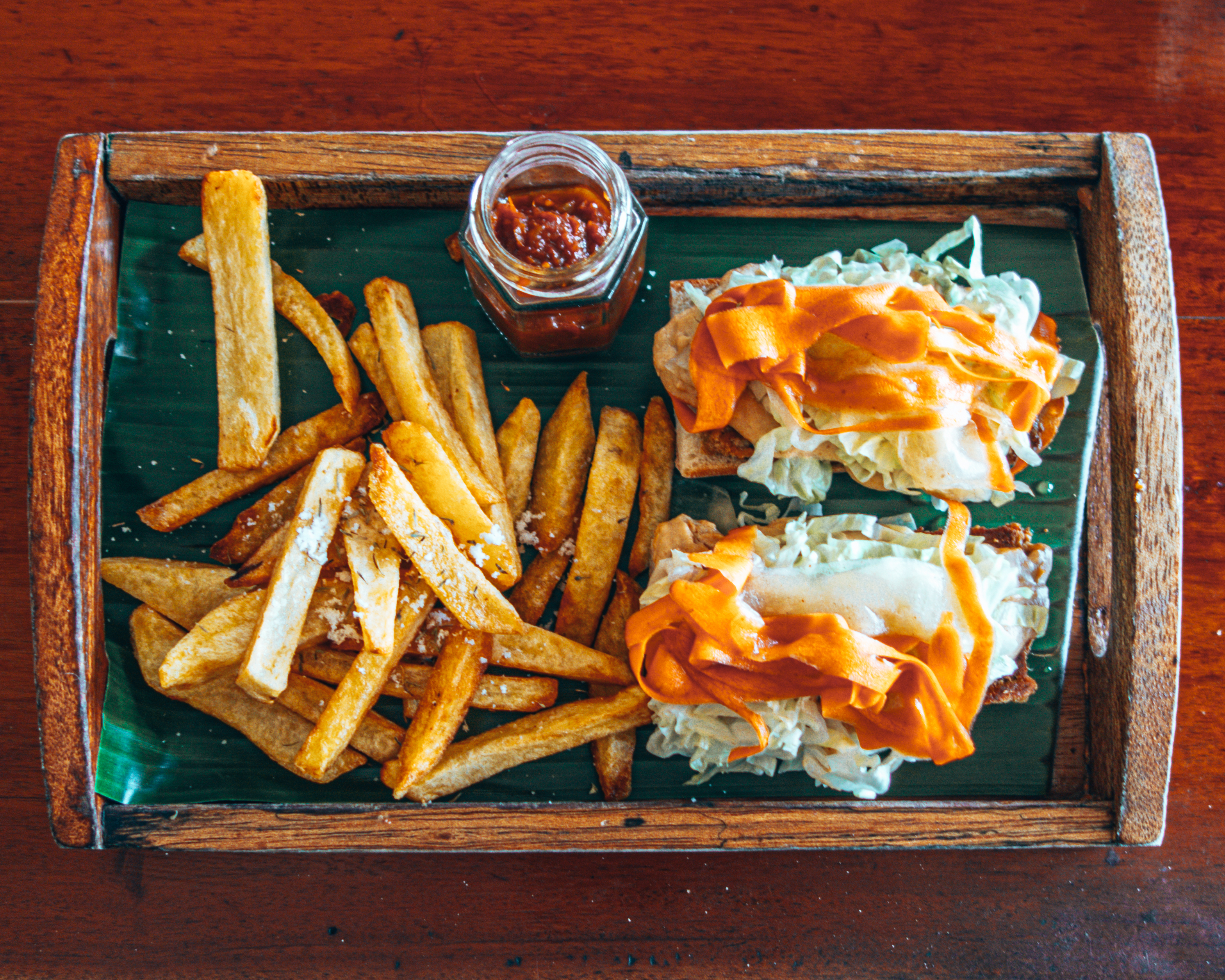
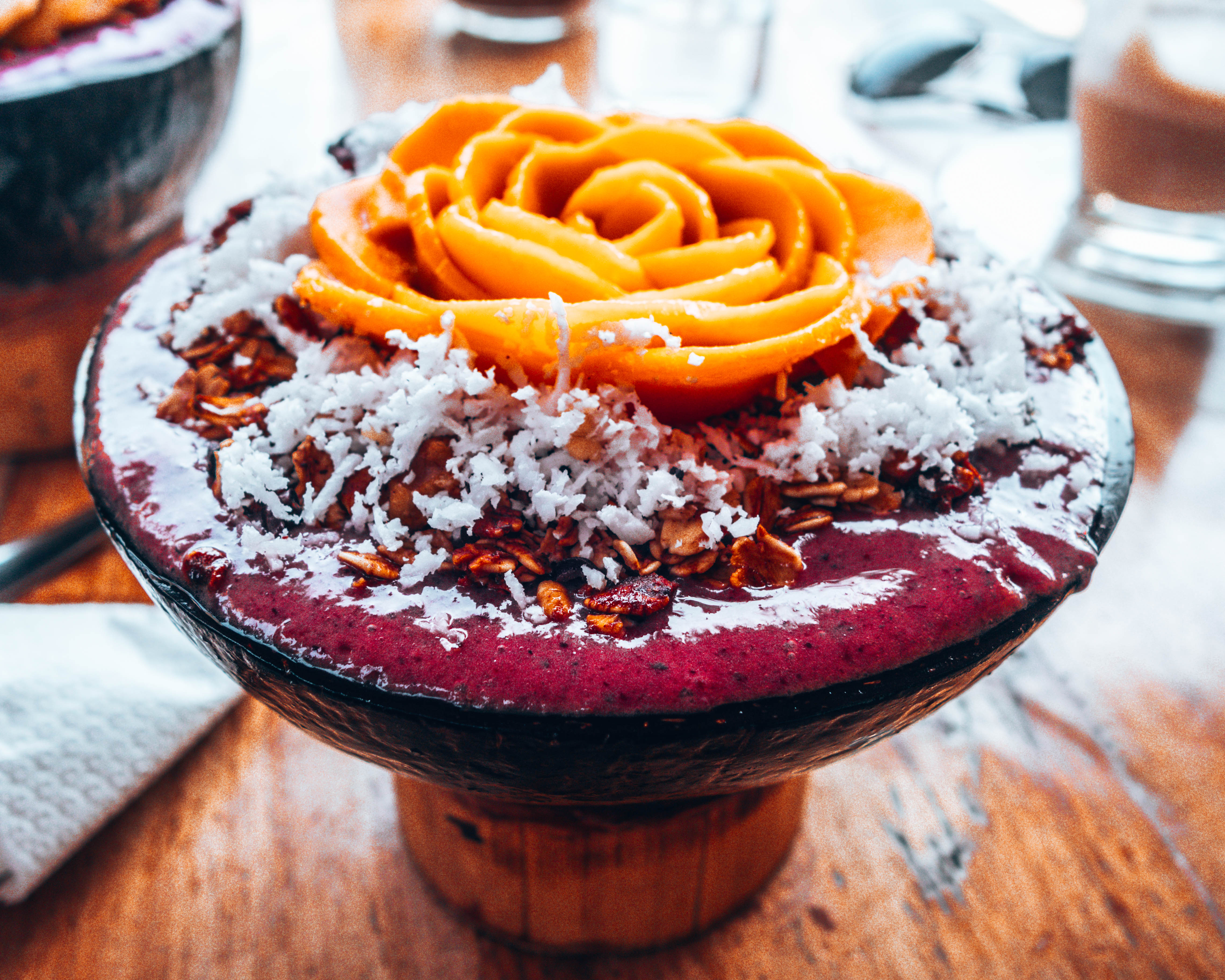
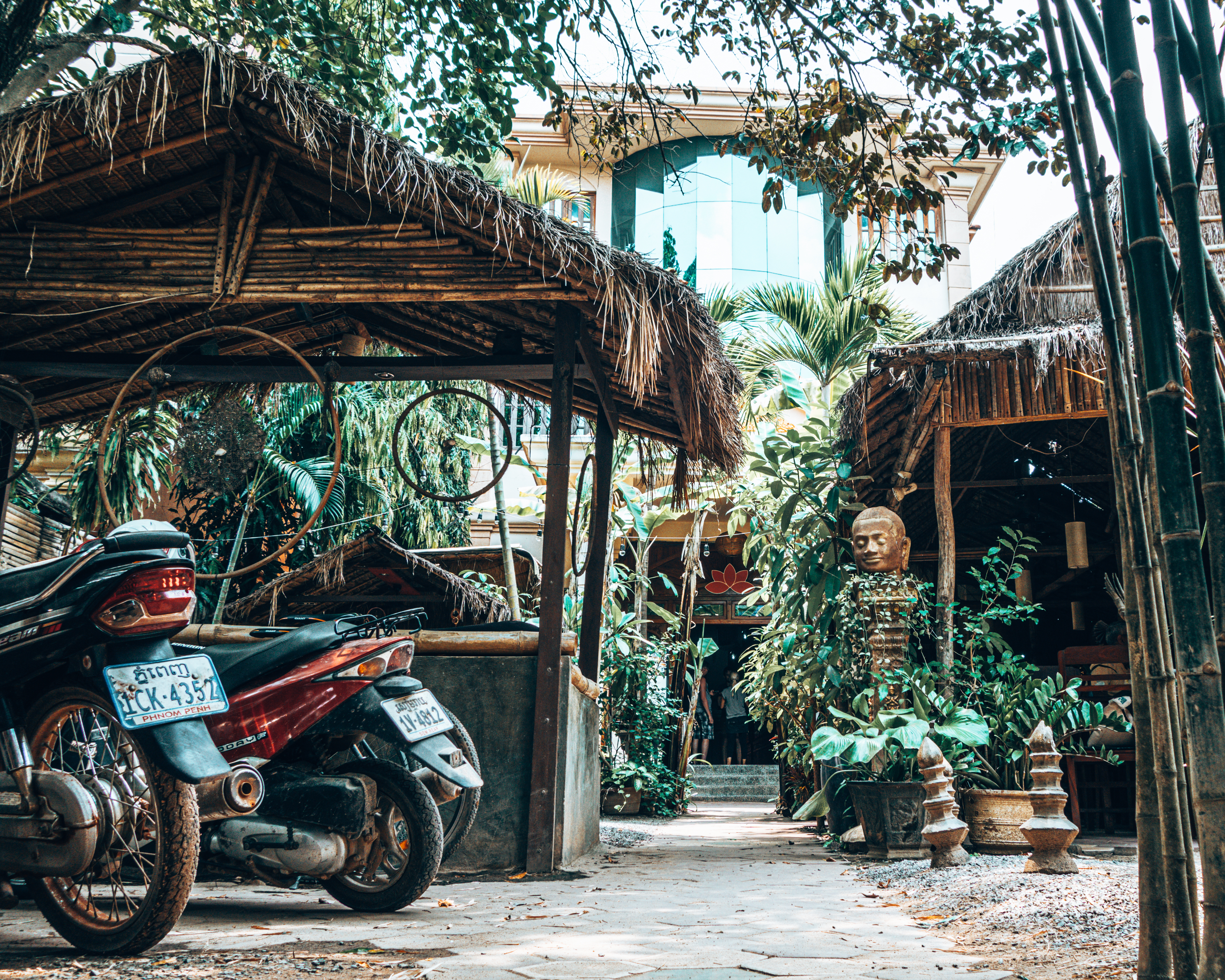
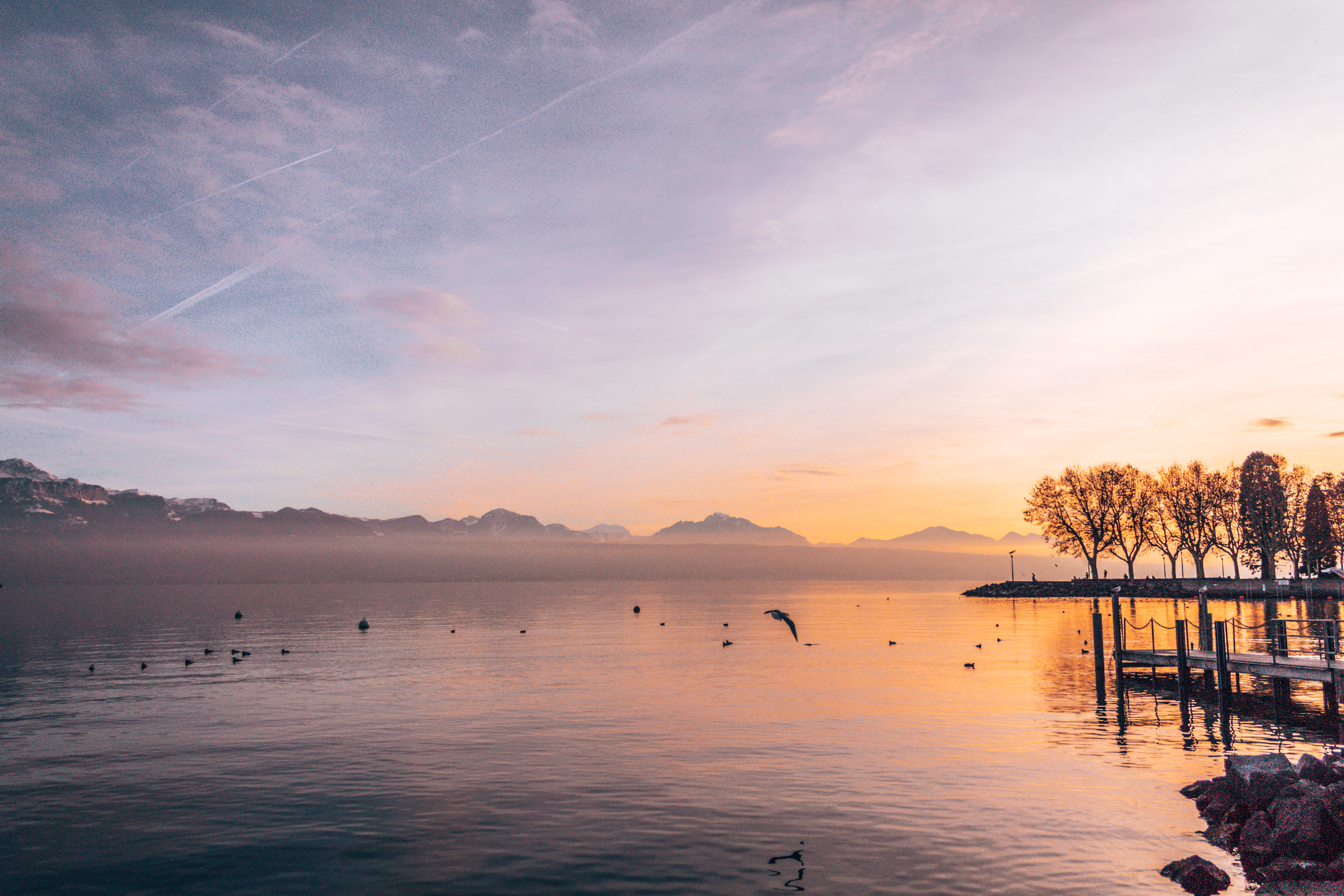
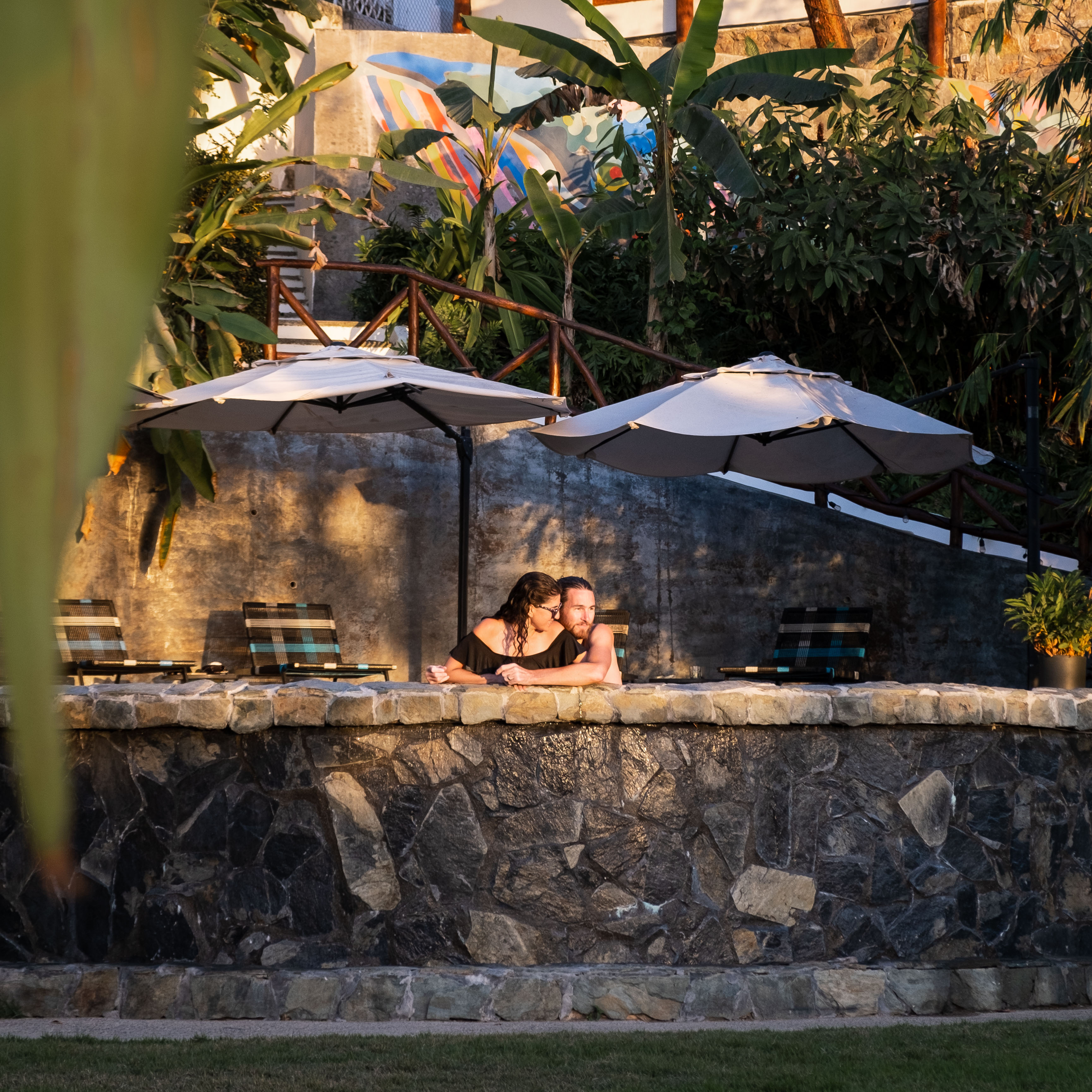

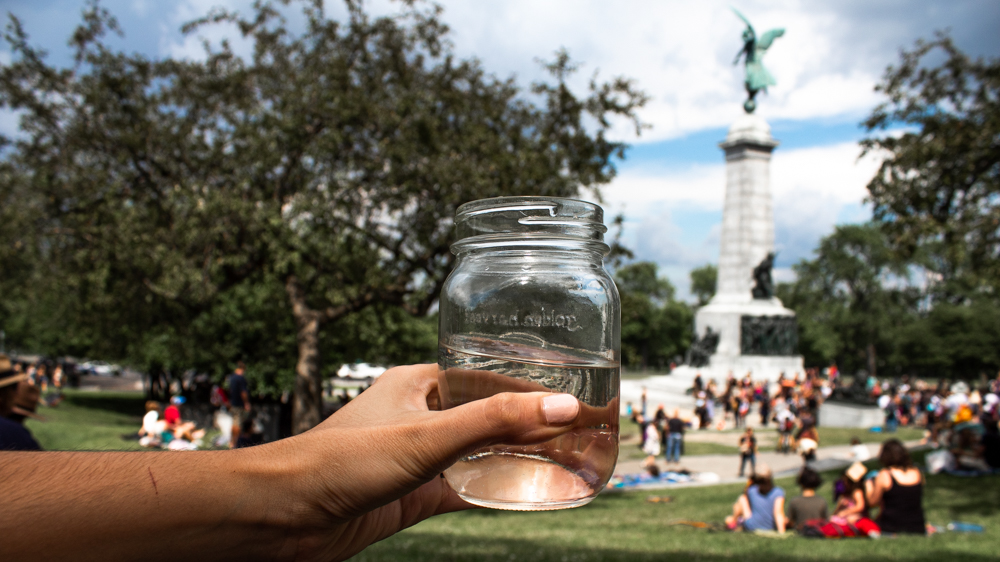
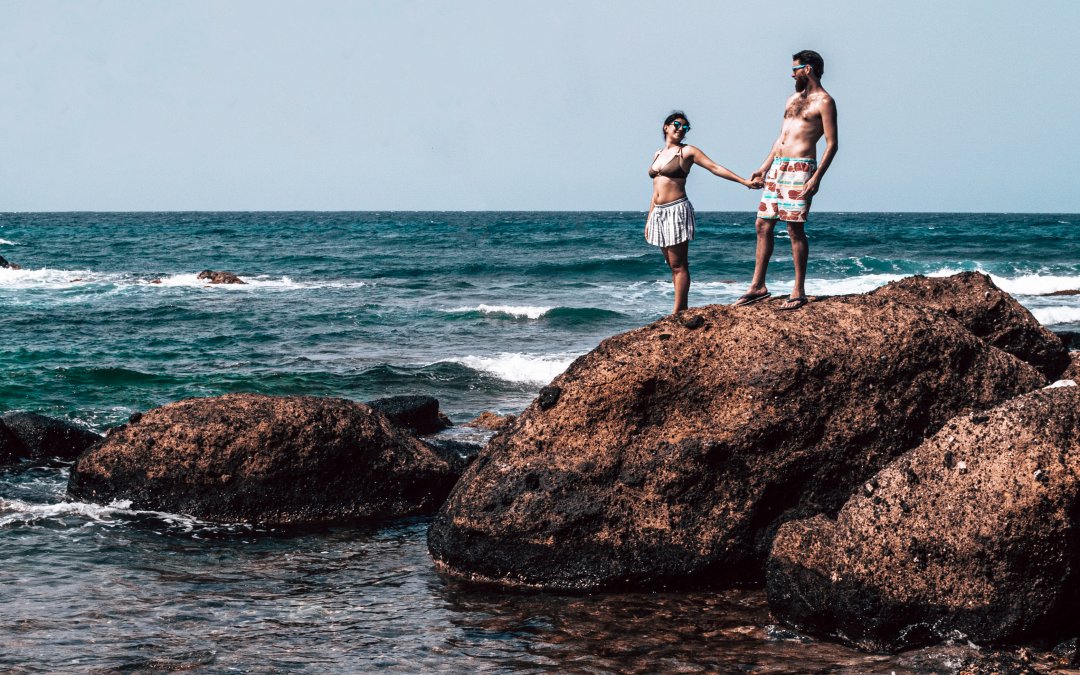
Great to read your story, I also became a vegetarian back in February this year:)
Amazing! How have you found it?
I actually love it! I feel so much healthier and happier:)
Hi Carine! We are trying to become more vegetarian, too, and eat probably 3-4 vegetarian days per week. I love it! It forces me to get more creative, and makes me feel so much better than the days I eat meat. Hope you are doing well!
Hey Diana! That’s awesome! I’ve seen your vegetarian recipes and they all look delish! It’s so true what you said – I also feel better (and lighter), after eating a veggie meal! Hope you’re well too, and can’t wait to try more of your vegetarian recipes!
Loved this article Carine. We drastically cut down our meat & dairy consumption when we travelled SE Asia and felt amazing for it. We slacked at home, but determined to get back on track now we are back on the road. Thanks for sharing!!
Yas! One of the best perks of a meat free diet is definitely feeling better! Hope you get back to it!
Where are you headed now?
Nice read…I am a vegetarian all my life and have never ever felt the need to taste meat…it’s really nice to see more and more people embracing vegetarian diet…all the best in your endeavors
Thank you so much for you kind words!
Good to see your take on being a vegetarian! It really does help the environment as it’s very resource intensive to grow large animals on farms and then eat them.
Here in India it’s quite easy to be a vegetarian. I used to eat meat before, but now as i move towards veganism, i do take supplements for Vitamins B12 and D3.
– Susmita from LocalFeedback.Org
Yes the environmental impacts are intense, and being a vegetarian does mitigate our impact on it. One of the other main advantages is that I truly just feel better now that when I used to eat meat.
Thanks for reading ❤️
Thank you for dropping by my blog.
Human intestines are meant to have vegan only
Thank you for taking a look at my post. You have a great and fascinating web site. I have often thought of becoming a vegetarian but have never really pulled the trigger. If I may ask, do you fast one or two days per week? I have read that being a vegan AND periodic fasting is an excellent program to be on. Love your site and have become a follower. Take care. Bob J.
I love food too much to fast ❤️
Glad you like our website!
First, thank you for making time to visit my site Obzervashunal. Secondly, wow, this is a fantastic post! I’ve been vegan for about a year now and like you, just can’t find a single reason to go back. Glad I got to read this and be introduced to your excellent work.
Thank you so much for your kind words and for visiting our blog! Glad you liked it ❤️
Absolutely!
Hey. Not sure if you may have seen this one, but if not, check out a documentary called, What the Health. It’s the one that ‘turned’ me.
It is one of many documentaries that I’ve seen and loved! Conspiracy is another!
Yes! Cowspiracy is a great one too.
Thanks for visiting my blog and I’ve already checked out the recipes. Will probably but one of the books, too. Great read. Happy travels and maintain the menu when you stop moving.
very useful and yummy fotos . . . an inspiration to go Vegan. Happy blogging.
Vegetarian works for me. I made a curried lentil stew for lunch…
Sounds yummy!
It was and will be as it is very filling. Next, perhaps a ginger curry with chick peas, cauliflower, carrots… 😉
I am a Vegetarian and very happy to read this post! This motivates me to write my views on vegetarianism 🙂
Yes we would love to see that!
Health is a state of complete harmony of the body, mind and spirit. When one is free from physical disabilities and mental distractions, the gates of the soul open